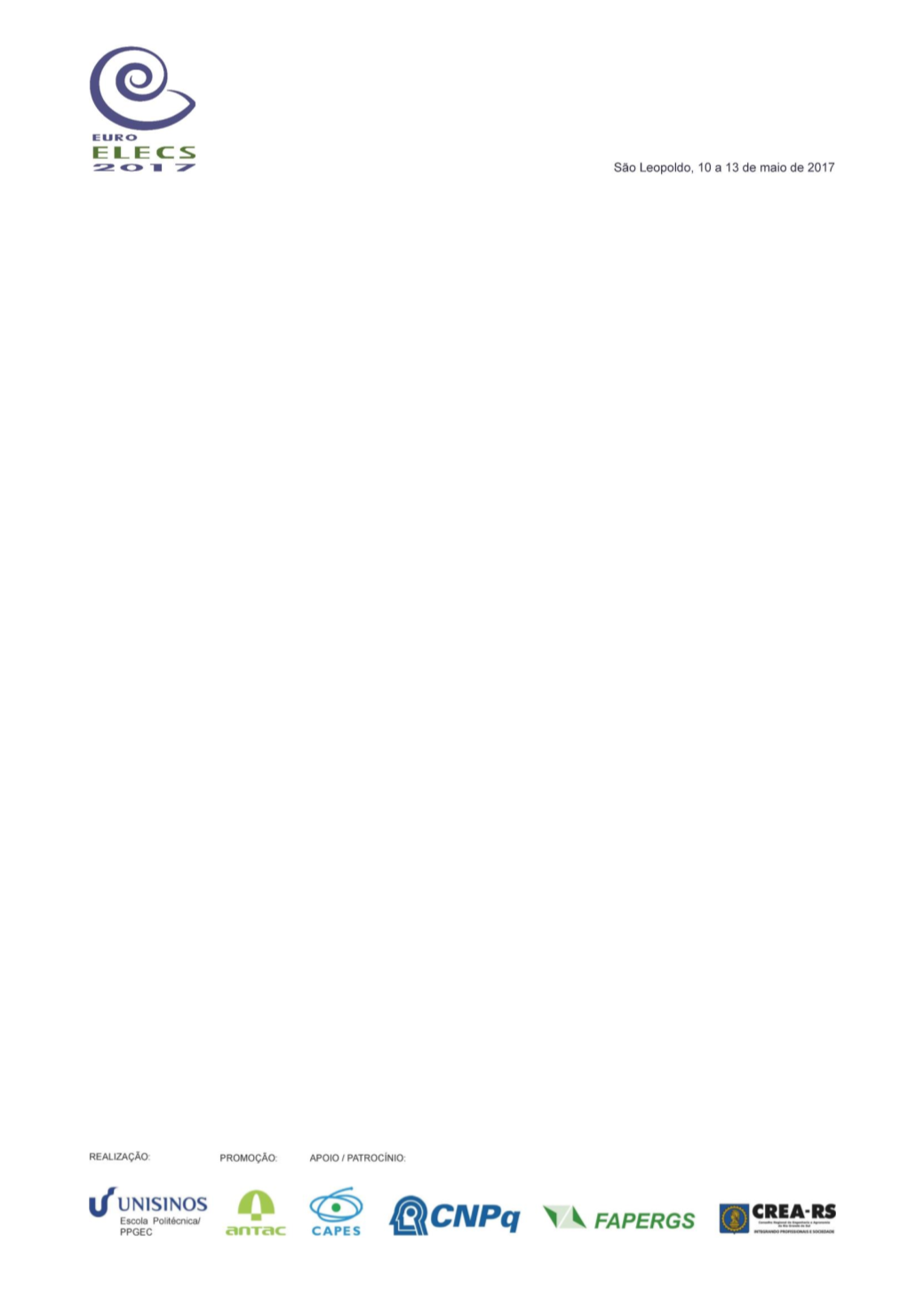

611
116. REQUALIFICAÇÃO DOS RIOS COMO UM INDICADOR DE
SUSTENTABILIDADE URBANA
MORSCH, Maiara Roberta Santos*
1
(arq.maiaramorsch@gmail.com); MASCARÓ, Juan
2
(juan@upf.br)
1
Universidade de Passo Fundo (UPF), Brasil
2
Universidade de Passo Fundo (UPF), Brasil
*
Autor correspondente
RESUMO
O artigo traz uma abordagem a respeito da sustentabilidade nas cidades relacionada com os rios
urbanos. Este elemento que foi muito valorizado como recurso essencial para o assentamento
humano, iniciou um processo de degradação em meados do século XIX, quando foram tratados
como limitadores de crescimento e como problema. Na atualidade muito se discute a respeito do
desenvolvimento sustentável, porém os rios urbanos continuam na mesma situação. A pesquisa
buscou respostas para esta problemática visualizando-a como um indicador de sustentabilidade
urbana ao se tornar um componente da tecnologia alternativa de infraestrutura verde, buscando a
requalificação e a tentativa de devolver aos rios esquecidos a sua naturalidade e a sua importância
para as cidades de forma que os elementos naturais se harmonizem com a artificialidade urbana.
Fez-se um estudo de caso do rio da cidade de Passo Fundo-RS a fim de investigação e
levantamento da sua atual situação. Os dados obtidos indicam o potencial para a aplicação da
infraestrutura verde visando um novo paradigma urbanístico, aonde é possível retomar os rios de
volta ao convívio social e com qualidade ecológica. Esta estratégia é um importante instrumento
indicativo para o incremento da sustentabilidade no que diz respeito à qualidade social e ambiental
do ambiente construído.
Palavras-chave:
Rios urbanos, infraestrutura verde, sustentabilidade urbana, requalificação
urbana.
REQUALIFICATION OF RIVERS AS AN URBAN SUSTAINABILITY
INDICATOR
ABSTRACT
The article presents an approach to sustainability in cities related with the urban rivers. This element
that was highly valued as an essential resource for human settlements, began a process of
degradation in the mid-nineteenth century, when they were treated as growth restrictors and as a
problem. At present much is discussed about sustainable development, but urban rivers remain in
the same situation. The research seeks answers to this problem by visualizing it as an indicator of
urban sustainability by becoming a component of the alternative technology of green infrastructure,
looking for the requalification and trying to returning to forgotten rivers their naturalness and their
importance for the cities so that the Natural elements harmonize with urban artificiality. A case study
of the river of the city of Passo Fundo-RS was done in order to investigate and survey its current
situation. The data obtained indicate the potential for the application of the green infrastructure,
aiming at a new urban paradigm, where it is possible to return the rivers back to social life and
ecological quality. This strategy is an important indicative tool for increasing sustainability with regard
to the social and environmental quality of the built environment.
Keywords:
urban river, urban infrastructure, urban sustainability, urban regeneration.


















